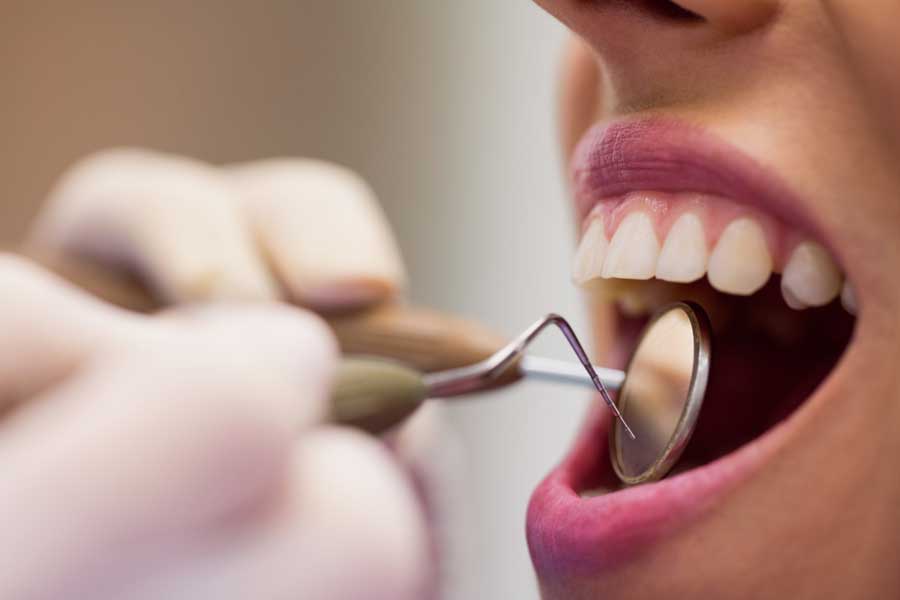
Good dental care is not just about having a bright smile; it plays
a crucial role in overall health. Poor oral hygiene can lead to serious issues
such as cavities, gum disease, and even infections that affect other parts of
the body. A strong dental routine, combined with regular check-ups, helps
maintain a healthy mouth and prevents long-term problems. Understanding the
essential steps of dental care will ensure strong teeth, fresh breath,
and a confident smile.
Essential Practices for Proper Dental Care
To keep teeth and gums healthy, it’s important to develop consistent oral
hygiene habits. Here are some key practices:
- Brushing Twice a Day – Use fluoride toothpaste and a
soft-bristled toothbrush to clean teeth thoroughly for at least two
minutes.
- Flossing Daily – Flossing removes plaque and
food particles from between teeth, reducing the risk of cavities and gum
disease.
- Using Mouthwash – Antibacterial mouthwash helps
kill bacteria, strengthens enamel, and freshens breath.
- Eating a Balanced Diet – Limiting sugar and consuming
foods rich in calcium and vitamins promotes stronger teeth and gums.
- Drinking Plenty of Water – Staying hydrated washes away
food particles and keeps saliva production at a healthy level.
- Avoiding Harmful Habits – Smoking, chewing tobacco, and
excessive coffee consumption can stain teeth and increase the risk of oral
diseases.
- Visiting the Dentist Regularly – Professional cleanings and
check-ups every six months help detect and prevent oral health issues
before they become serious.
Common Dental Problems and How to Prevent Them
Many oral health issues arise due to a lack of proper dental care.
Here are some common problems and ways to prevent them:
- Tooth Decay (Cavities) – Avoid sugary snacks, brush
regularly, and use fluoride toothpaste.
- Gum Disease – Floss daily, use an
antibacterial mouthwash, and avoid smoking.
- Bad Breath – Clean the tongue, drink plenty
of water, and maintain a proper oral hygiene routine.
- Tooth Sensitivity – Use toothpaste designed for
sensitive teeth and avoid extremely hot or cold foods.
- Tooth Discoloration – Reduce coffee, tea, and soda
intake, and consider professional whitening treatments if needed.
Proper dental care is a lifelong commitment that significantly
impacts both oral and overall health. By following a consistent routine,
avoiding harmful habits, and visiting the dentist regularly, you can prevent
dental problems and enjoy a healthy, confident smile. Investing in good dental
care today will ensure strong teeth and gums for years to come. Start
making oral health a priority and enjoy the benefits of a bright, pain-free
smile!
